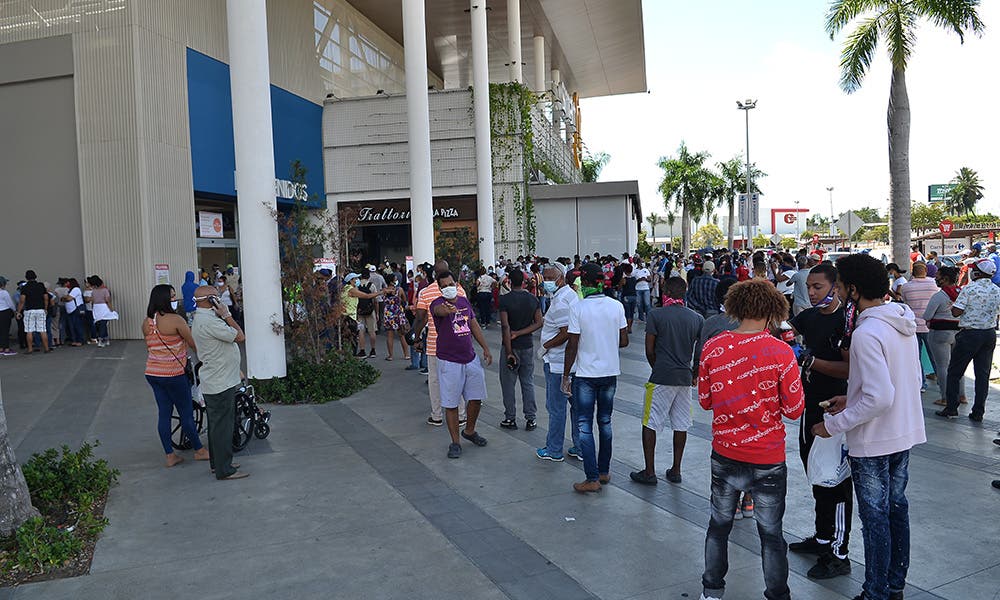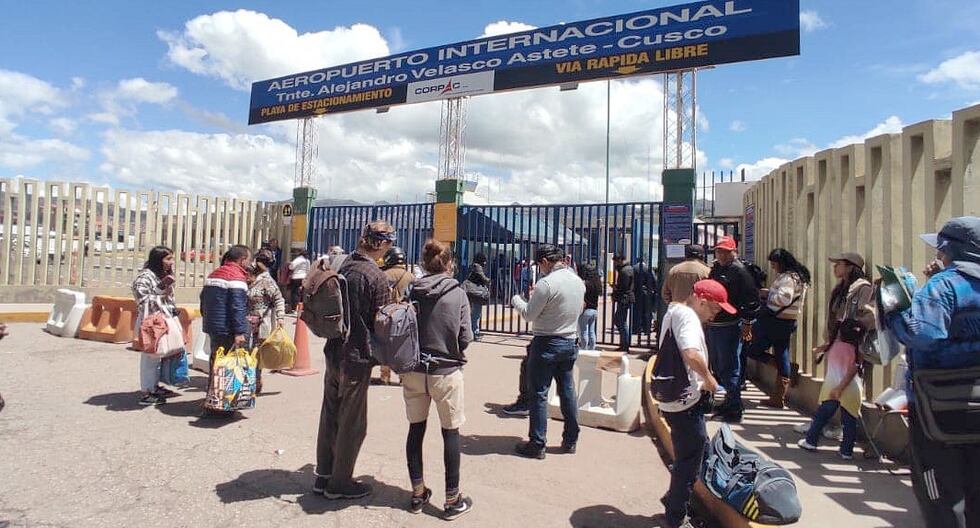The Labour Organization explains that insufficient unemployment insurance coverage is a global problem, due to informality in the labour market
Although unemployment insurance has been proposed as a solution to eliminate unemployment, the experience in Latin America in applying this social protection tool to workers has been poor and only nine countries have it with coverage of 12% of the population in the region.
Furthermore, its acceptance has been questioned because, according to trade unionist Rafael Abreu, studies carried out in the Dominican Republic by Chilean experts indicate that applying unemployment insurance would be more expensive than the severance pay itself.
Unemployment insurance is explained by the World Bank as a support that workers receive when their employment relationship with the company is broken, allowing them to receive a monthly amount of money and other coverage.
According to the International Labour Organization (ILO), insufficient unemployment insurance coverage is a global problem due to informality in the labor market. In Latin America, there are many informal workers. Self-employment is estimated at 23% of the total and informal salaried employment is 35%.
In the Dominican Republic, informal employment is 55.6 percent of workers according to data from the Central Bank in January-March 2024.
And the ILO explains that only about 12% of unemployed workers in the region have received unemployment benefits or insurance as of 2019.
In Latin America, only nine countries apply unemployment insurance, according to a study by the World Bank. These are Uruguay (established in 1981); Brazil (1986); Argentina (1991); Chile (2001); Colombia (2013); Ecuador (2016) and Venezuela. The Bahamas and Barbados also have it.
There is also the savings (self-insurance) modality, which consists of funded unemployment compensation and/or individual savings accounts in Argentina, Brazil, Chile, Colombia, Ecuador, Panama and Peru. The rest of the countries have severance pay or severance pay mandates applicable to employers, explains the study “Employment in Crisis”, by the World Bank published in 2021.
It is worth noting that only in the exceptional case of Barbados, its unemployment insurance provides benefits to 88% of unemployed workers, but for the rest it is deficient. Effective unemployment insurance coverage is 45.6% in Chile; 30.1% in Uruguay; 25.7% in The Bahamas; 7.8% in Brazil; 7.2% in Argentina; 5.4% in Venezuela, according to 2019 data.
And the study cites that in the Dominican Republic, 4.2% have access to severance pay or mandatory compensation for dismissal.
















